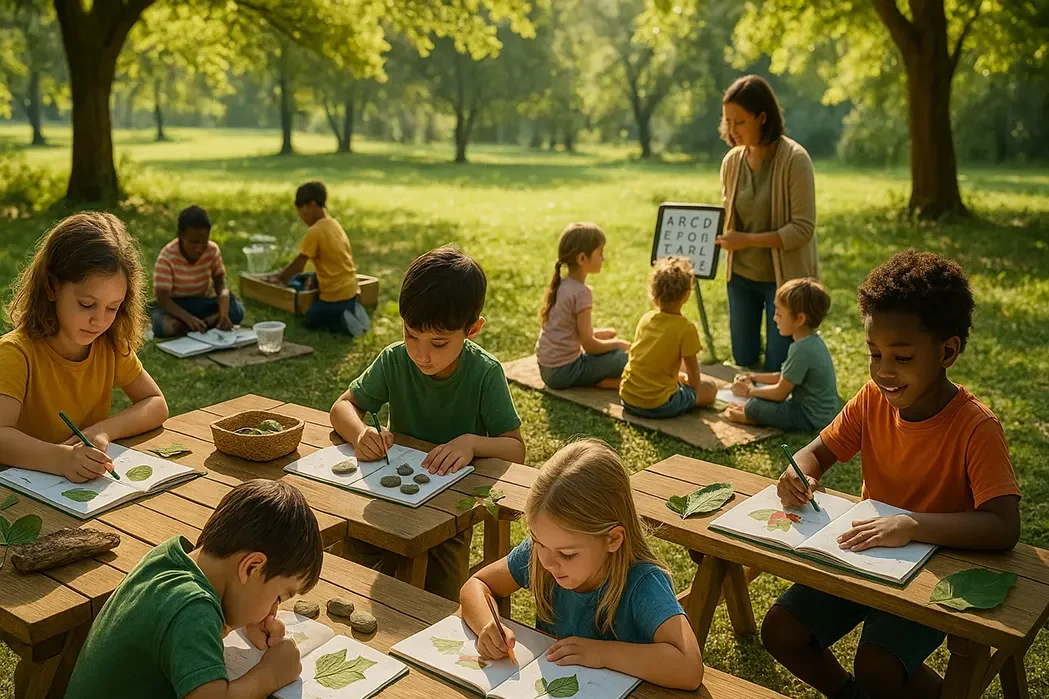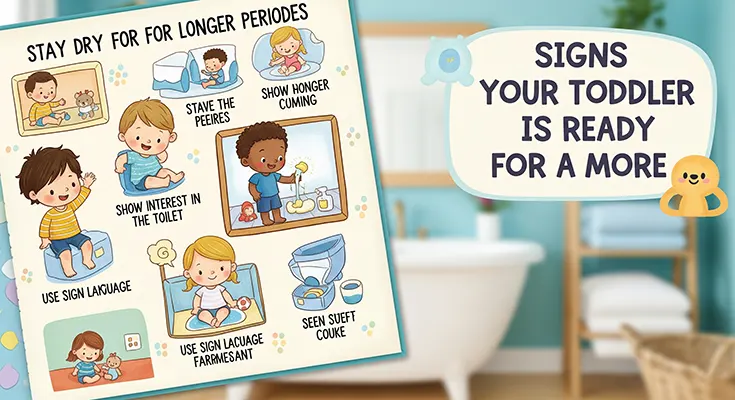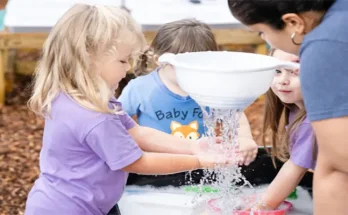Deciding when your little one is ready to step into a more organised setting can feel daunting. Yet recognising genuine readiness ensures a smooth transition for both child and family. Below are ten clear signals that your toddler may benefit from set routines, guided activities and interaction with peers.
1. Follows Simple Instructions
When your toddler responds to directions like “put the toy back” right away, it shows they can listen in a group setting. This ability helps them join circle time, follow instructions during snack moments and tidy-up activities with ease, easing day-to-day routines.
2. Shows Genuine Curiosity
Children who ask “what’s that?” persist in exploring new materials during playtime. They might flip through picture books, investigate sensory bins or ask about colours, textures and shapes. They then revisit favourite activities on their own, showing genuine curiosity and a developing love of discovery.
3. Maintains Focused Play
Spending five to ten minutes on puzzles, drawing or building towers without constant prompting signals growing self-regulation and patience. This quiet focus sharpens hand-eye coordination and problem-solving skills, boosting confidence when they tackle new challenges during daily class activities.
4. Shares and Cooperates
Offering toys to a friend, taking turns at a slide or mirroring another child’s action highlights emerging social skills. These gestures build empathy and cooperation, laying groundwork for healthy friendships. Through negotiation, conflict resolution and shared celebration, they learn to navigate group dynamics with confidence.
5. Adapts to Small Changes
If your toddler shifts from one play area to another without a meltdown, it suggests they handle transitions well. Whether moving from indoor art to outdoor play or swapping books at story time, they stay calm and adaptable, helping the day’s routine flow more smoothly for everyone.
6. Uses Words to Express Needs
Verbalising hunger, thirst or tiredness, rather than relying on tantrums, shows growing language skills. This clear communication reduces frustration at home and preschool alike, so educators can provide the right support during meal times, rest and group projects at centres like childcare Sandringham.
7. Makes Eye Contact and Listens
When children meet a speaker’s gaze and follow instructions, such as raising a hand during questions or answering prompts, they show they’re ready for story or circle time. Those attentive ears foster richer learning interactions and help them feel engaged throughout group sessions.
8. Thrives in Group Activities
When toddlers jump into group experiences, from sing-alongs and movement sessions to simple team games, they build social bonds and self-assurance. This eagerness to join peers makes shared activities more rewarding and fun at centres such as childcare Malvern East, where small-group focus is key.
9. Manages Self-Care Tasks
When children wash hands independently, feed themselves or attempt dressing, they show growing autonomy. These early self-care victories ease morning drop-offs, mealtime transitions and toileting routines. Each small success boosts their confidence and lets educators guide them with minimal fuss.
10. Feels Secure with Daily Rhythms
Recognising rhythms such as snack time, rest or group games gives toddlers a clear sense of safety and predictability. At spaces such as Templestowe childcare, educators rely on these patterns so children settle faster and dive into each activity with confidence.
Recognising these ten signs helps parents choose a setting that matches their toddler’s interests, whether that means hands-on exploration, social play or calm routines. A well-suited environment nurtures confidence and sets the stage for a lasting love of learning.





